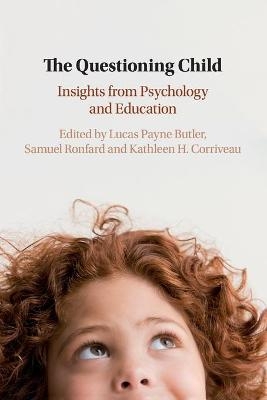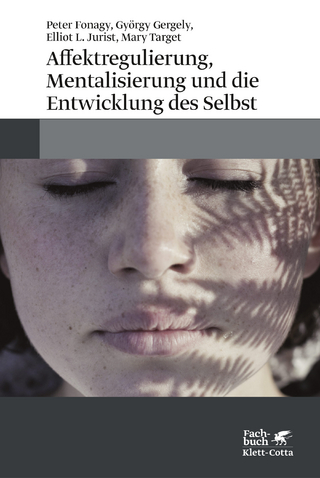
The Questioning Child
Cambridge University Press (Verlag)
978-1-108-45169-7 (ISBN)
Questioning others is one of the most powerful methods that children use to learn about the world. How does questioning develop? How is it socialized? And how can questioning be leveraged to support learning and education? In this volume, some of the world's leading experts are brought together to explore critical issues in the development of questioning. By collecting interdisciplinary and international perspectives from psychology and education, The Questioning Child presents research from a variety of distinct methodological and theoretical backgrounds. It synthesizes current knowledge on the role of question-asking in cognitive development and charts a path forward for researchers and educators to understand the pivotal function that questioning plays in child development and education.
Lucas Payne Butler is Assistant Professor of Human Development at the University of Maryland, College Park. His work focuses on how children leverage their understanding of the social world in order to guide learning from evidence, and how children learn to evaluate others' empirical claims. Samuel Ronfard is Assistant Professor of Psychology at the University of Toronto. His work explores how children learn about, come to believe in, and come to understand ideas and concepts that defy their everyday experiences and their intuitive theories about how the world works. Kathleen H. Corriveau is Associate Professor of Applied Human Development at Boston University, and Director of the Social Learning Lab. Her research focuses on social and cognitive development in childhood, with a specific focus on how children decide what people and what information are trustworthy sources.
1. Questions about questions: framing the key issues Lucas Payne Butler, Samuel Ronfard and Kathleen H. Corriveau; 2. Questions in development Peter Carruthers; 3. The point, the shrug, and the question of clarification Paul L. Harris; 4. The quest for comprehension and learning: children's questions drive both Henry M. Wellman; 5. Children's question-asking across cultural communities Maureen Callanan, Graciela Solis, Claudia Castañeda and Jennifer Jipson; 6. The development of information-requesting gestures in infancy and their role in shaping learning outcomes Kelsey Lucca; 7. Developmental changes in question asking Angela Jones, Nora Swaboda and Azzurra Ruggeri; 8. Understanding developmental and individual differences in the process of inquiry during the preschool years Candice M. Mills and Kaitlin R. Sands; 9. 'Why are there big squares and little squares?' How questions reveal children's understanding of a domain Dave Neale, Caroline Morano, Brian N. Verdine, Roberta Michnick Golinkoff and Kathy Hirsh-Pasek; 10. Children's questions in social and cultural perspective Mary Gauvain and Robert L. Munroe; 11. Mothers' use of questions and children's learning and language development Imac Maria Zambrana, Tone Kristine Hermansen and Meredith L. Rowe; 12. Teaching and learning by questioning Deanna Kuhn, Anahid S. Modrek and William A. Sandoval; 13. Asking 'why?' and 'what if?' The influence of questions on children's inferences Caren M. Walker and Angela Nyhout; 14. What makes a good question? Towards an epistemic classification Jonathan Osborne and Emily Reigh; 15. The questioning child: a path forward Samuel Ronfard, Lucas Payne Butler and Kathleen H. Corriveau.
| Erscheinungsdatum | 07.03.2022 |
|---|---|
| Zusatzinfo | Worked examples or Exercises |
| Verlagsort | Cambridge |
| Sprache | englisch |
| Maße | 151 x 228 mm |
| Gewicht | 490 g |
| Themenwelt | Geisteswissenschaften ► Psychologie ► Entwicklungspsychologie |
| Geisteswissenschaften ► Psychologie ► Pädagogische Psychologie | |
| ISBN-10 | 1-108-45169-1 / 1108451691 |
| ISBN-13 | 978-1-108-45169-7 / 9781108451697 |
| Zustand | Neuware |
| Informationen gemäß Produktsicherheitsverordnung (GPSR) | |
| Haben Sie eine Frage zum Produkt? |
aus dem Bereich


